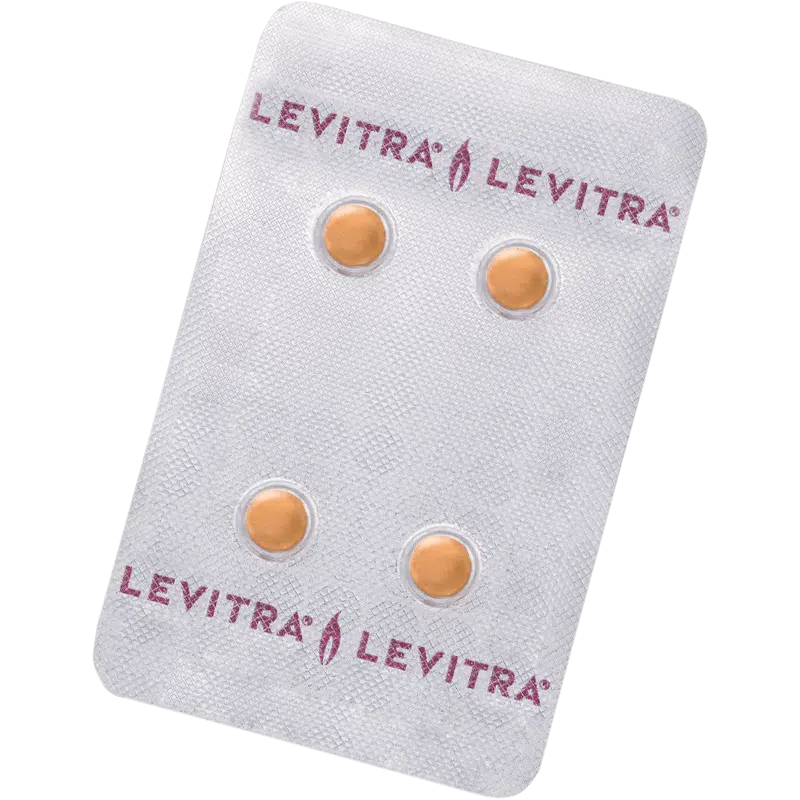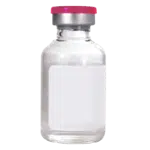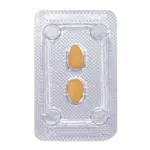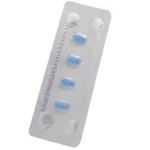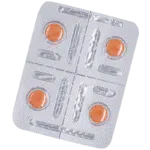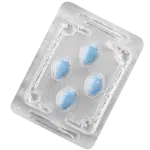What is Levitra?
Levitra was a pill that would help men get an erection and keep it long enough to have sex. Men would take it ‘on-demand’, usually under an hour before they wanted to get intimate. After that, it would be active in the body for up to five hours. This would give the user plenty of time to enjoy its benefits.
Vardenafil, the active ingredient in Levitra, works by helping blood circulation to the penis. When you get aroused, your brain starts a process called vasodilation. This is where the blood cells around your penis are signalled to relax and let more blood into the area. When more blood enters the area, your penis gets hard.
If you have ED, these blood vessels stay tight. This means that blood can’t enter the penis. This can result in no erections, erections that don’t last long or erections that are only semi-hard.
Vardenafil helps to make sure that the blood cells around the penis do let blood in. This makes erections easier, longer-lasting and strong enough for sex.
As of 2024, Levitra is discontinued and no longer available. The exact reason for this is unknown, but the FDA has stated it’s not because of safety or efficacy reasons.[1] The generic version of it, Vardenafil, is still available.
What dosage of Levitra is best?
Levitra isn’t available any more, but the generic, Vardenafil, comes in the same doses.
Vardenafil 5mg, which is equivalent to Levitra 5mg, is the lowest dose. You would start here if you have underlying health problems.
Vardenafil 10mg, which is the same chemically as Levitra 10 mg, is a good starting point for otherwise healthy men. If you start on this and get mild side effects, you might be lowered to 5mg.
Vardenafil 20mg is bioequivalent to Levitra 20mg. The 20mg dose is prescribed when the 10mg dose didn’t provide the best results (for example if you got an erection but it didn’t last long enough, or only got semi-hard).
Verdanafil also comes as a 10mg oro-dispersible tablet. The tablet simply melts on your tongue. No water required.
Levitra or Vardenafil: what’s the difference?
Vardenafil is the generic version of Levitra, but it’s now essentially replaced because Levitra has been discontinued.
Levitra was the original version of the treatment that came in the Bayer packaging. Vardenafil is the generic medication of the same drug and can be made by different labs.
Branded and generic drugs have to be tested for bioequivalence before they’re given approval. This means that in lab conditions they’re essentially the same. So you shouldn’t really notice any difference in how they work or how well they work for you.
But it’s possible that on a personal level, you notice a difference between a brand and a generic. If that’s the case, then choose the treatment that works best for you.
Price can also play a part. Brands are normally more expensive than generics. You can compare prices below if you’re stuck on a decision.



